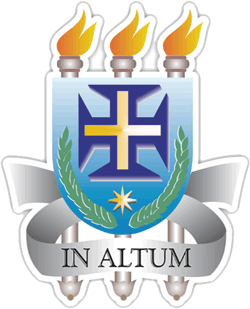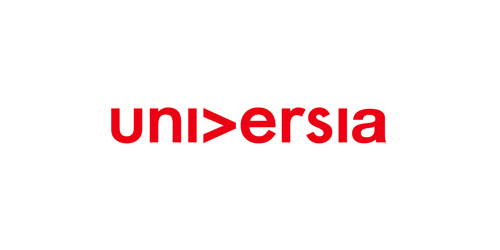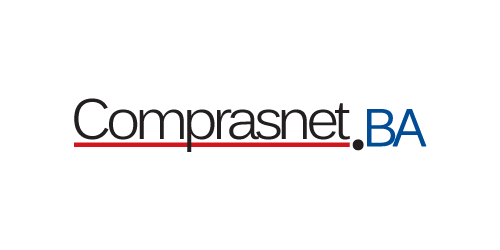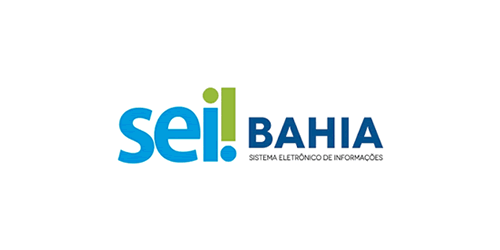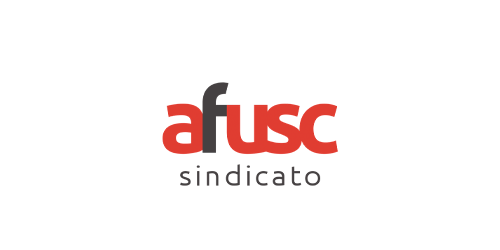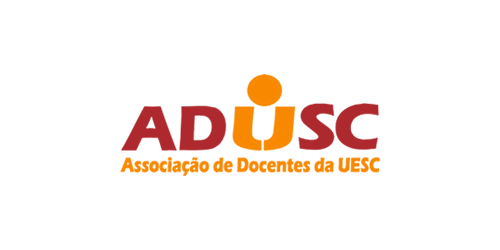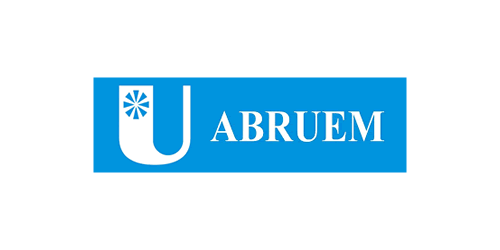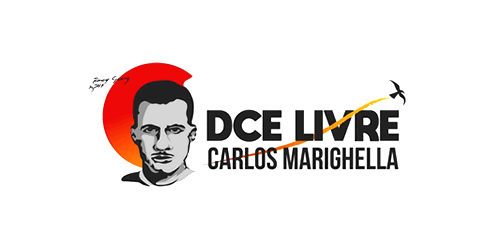Professional Master's in Nursing
LIST OF COURSES
Mandatory Disciplines
- Care in Nursing and Health: It seeks to produce knowledge about care in nursing from an ontological, epistemological, political, demographic, epidemiological, ethical, ecological, and sociocultural perspectives in the process of human development. Paradigms of care in nursing and health from the perspective of integrality and interdisciplinarity. Different theoretical bases and their contributions to the care in nursing and health. It studies the determinants of health in children, teenagers, women, men, adults, and the elderly.
- Health Policies, Planning, Management and Governance: Addresses the theoretical and philosophical conceptions of governance/ management / administration in Health and Nursing. Policies and technologies for management of Health services. Organizational systems of Care in Health and Nursing. Strategic planning and its application in health: the main tools of strategic planning; The relevance of governance in Public Administration, transparency, accountability, participation, decentralization, and network management.
- Research Methodology: It studies the theories of knowledge and the scientific research process, based on theoretical methodological references and sources of funding for the research development in Nursing. It enables the construction of research projects to be executed and disclosured obeying current guidelines and standards in the Teaching and Research Institutions in Brazil and in the Brazilian Association of Technical Standards.
- Advanced Research Seminars I: Discussion of the theoretical—practical contents related to the research lines and research of each advisor/supervised, contextualizing the research problems. Sharing and debate of the research/intervention pre-projects regarding their qualification exam.
- Advanced Research Seminars II: Discussion of the theoretical—practical contents related to the research lines and research of each advisor/supervised, contextualizing the research problems. Theoretical and methodological axes. Data analysis' plan and intervention proposals.
Optional Subjects
- Epistemology in Nursing: Study of Nursing Science, focusing on the theoretical and praxis framework within the Core Competence and Responsibility scope in Nursing. It addresses the historical, philosophical aspects, trends, and challenges of contemporary professional care, considering the Nursing Process as its scientific and singular modus operandis.
- Innovative Technologies in Health: It studies the construction and development of Innovation Projects in Nursing and Health, addressing problem-solving methodologies in a creative, systemic, and collaborative way. It is guided by the principles of artificial science (Design Science) as a method of technological and scientific development in nursing and health, focusing on innovative processes that enable improvements and sophistication in professional care.
- Qualitative Research Methods: The course seeks to facilitate the understanding of the methodological, conceptual aspects of qualitative research and its use in the area of health and nursing. Instrumentalizing the construction of a qualitative research project, in the methods, techniques, and different approaches of qualitative data analysis. Elaboration and development of qualitative research projects, considering that health and disease processes are subjected to a set of social and cultural influences that go beyond their biological dimension.
- Quantitative Research Methods: Bases, trends, and advances in the quantitative approach in research. The theoretical and methodological foundations of different quantitative research designs. Descriptive and inferential statistics applied to health research. Critical analysis of statistical-based studies. It discusses basic and applied aspects related to quantitative data analysis in the scope of health, seeking to encourage reflection on the mechanical and uncritical use of statistics and software as tools in science.
- Statistics Applied to Health: It addresses the theoretical and practical aspects of descriptive and inferential statistics for the analysis of health and nursing studies. Sampling theory. Elements and variables. Variables classification. Class interval. Data organization and presentation. Data graphical presentation. Central tendency measures. Association measures. Statistical significance measures. Hypothesis testing. Proportions, Coefficients in Epidemiology and epidemiological studies.
